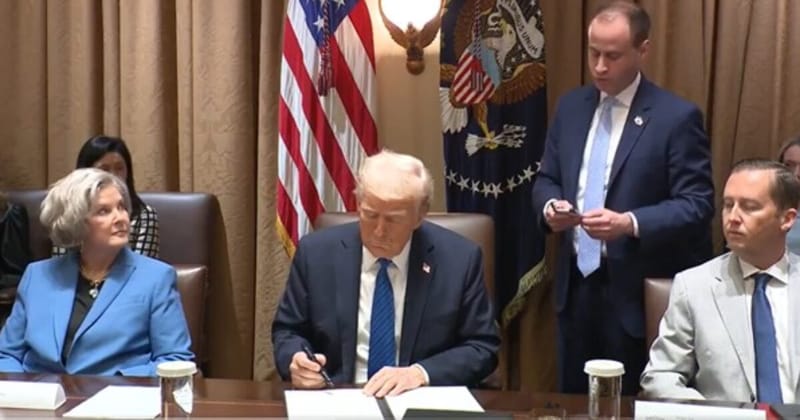Judge Cannon Postpones DOJ's Documents Case Against Trump Indefinitely
In a significant turn of events, Judge Aileen Cannon has ruled to indefinitely postpone the Department of Justice's (DOJ) documents case against former President Donald Trump. This decision, announced on May 7, 2024, has once again put the spotlight on the legal battles surrounding Trump and his handling
In a significant turn of events, Judge Aileen Cannon has ruled to indefinitely postpone the Department of Justice's (DOJ) documents case against former President Donald Trump. This decision, announced on May 7, 2024, has once again put the spotlight on the legal battles surrounding Trump and his handling of classified documents.
The case, which has been a focal point of political and legal discourse, was originally set to proceed to trial on August 14. However, under Judge Cannon's new order, the trial has been rescheduled to begin in Fort Pierce, Florida, on May 20, 2024, and is expected to last approximately two weeks.
Trump had previously argued that the trial should be postponed until at least after the November 2024 presidential election, citing his candidacy for the Republican Party nomination. While Judge Cannon rejected Trump's effort to indefinitely postpone the trial, she noted that the government's suggested timeline was "atypically accelerated and inconsistent with ensuring a fair trial."
The decision to postpone the trial indefinitely comes in the wake of significant developments, including Trump's indictment on 40 federal felony charges in the documents case, which is one of four criminal cases brought against him. The charges stem from Trump bringing White House documents to his private club and residence in Mar-a-Lago.
This ruling marks yet another instance where Judge Cannon has shown favor to the former president. It is also a significant victory for Trump's legal team, who have been navigating a complex legal landscape in their defense of the former president.
As the case progresses, it is expected to continue to draw national attention, with implications for Trump's political future and the broader legal landscape surrounding presidential accountability.




